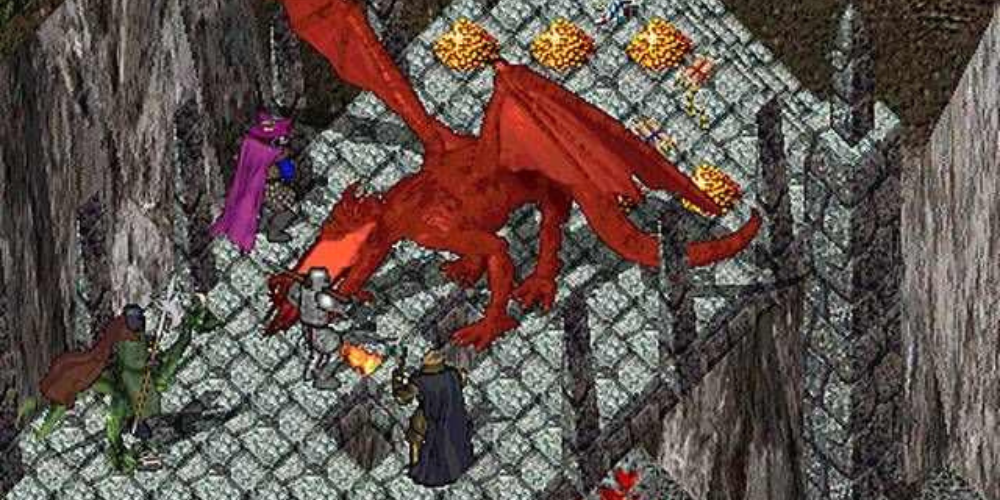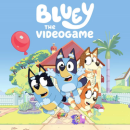Exploring the Power of Narrative in Gaming: The Evolution and Impact of Storytelling in Modern Video Games
2025-01-13

Within the enchanting world of video gaming, one can travel to distant galaxies, immerse in magical kingdoms, or even emulate real-life experiences. But at the heart of every gaming experience lies a compelling narrative that elicits varied emotions in its players.
This unique storytelling device, combined with impressive graphics and game mechanics, elevates the gaming experience for players, allowing them to uncover a riveting narrative while exploring and interacting with a virtual world. This article focuses on the role of narrative in video gaming, its history, and how it enhances the player experience in modern video games.

A Journey through Time: The Origin and Evolution of Video Gaming
The creation of video games dates back to the late 1940s to the 1950s when early computer scientists developed simple games and simulations as part of their research. However, video games did not debut into mainstream society until the late 1970s to early 1980s, when arcade games and home consoles were invented.

Most early video games, such as 'Pong,' 'Space Invaders' and 'Pacman,' lacked a robust narrative element. They were largely skill-based, making them fun and engaging to play but offering little story. The primary focus was on the gameplay mechanics rather than a narrative progression. However, games like 'Zork' and 'Adventure,' text-based games developed in the late 1970s, highlighted the potential for storytelling within the gaming sphere.

The evolution of video game narratives began to take shape with the advent of role-playing games (RPGs) during the 1980s. Games such as 'Ultima,' 'The Bard's Tale' and 'Final Fantasy' presented complex fantasy worlds with engaging characters, intricate worlds, and branching storylines, setting a standard for narrative design in video games.
The rise of personal computers in the 90s and the advent of more advanced consoles enabled the development of more immersive games with intricate storylines, eventually leading to the narrative-rich gaming landscape of today.

Today's modern video games offer a confluence of art, entertainment, and storytelling. They can be anything from an interactive novel or a heroic journey to a moral dilemma or an existential crisis, providing players with an immersive storytelling experience that is both captivating and deeply satisfying.
As video gaming continues to evolve, the narrative seems to be taking the driver’s seat. It forms the spine of many modern games and is vital to the player’s experience and overall perception of the game. A beautifully crafted narrative can elevate a game from simple entertainment to an immersive, emotional experience, a testament to the power of storytelling within the world of video gaming.








